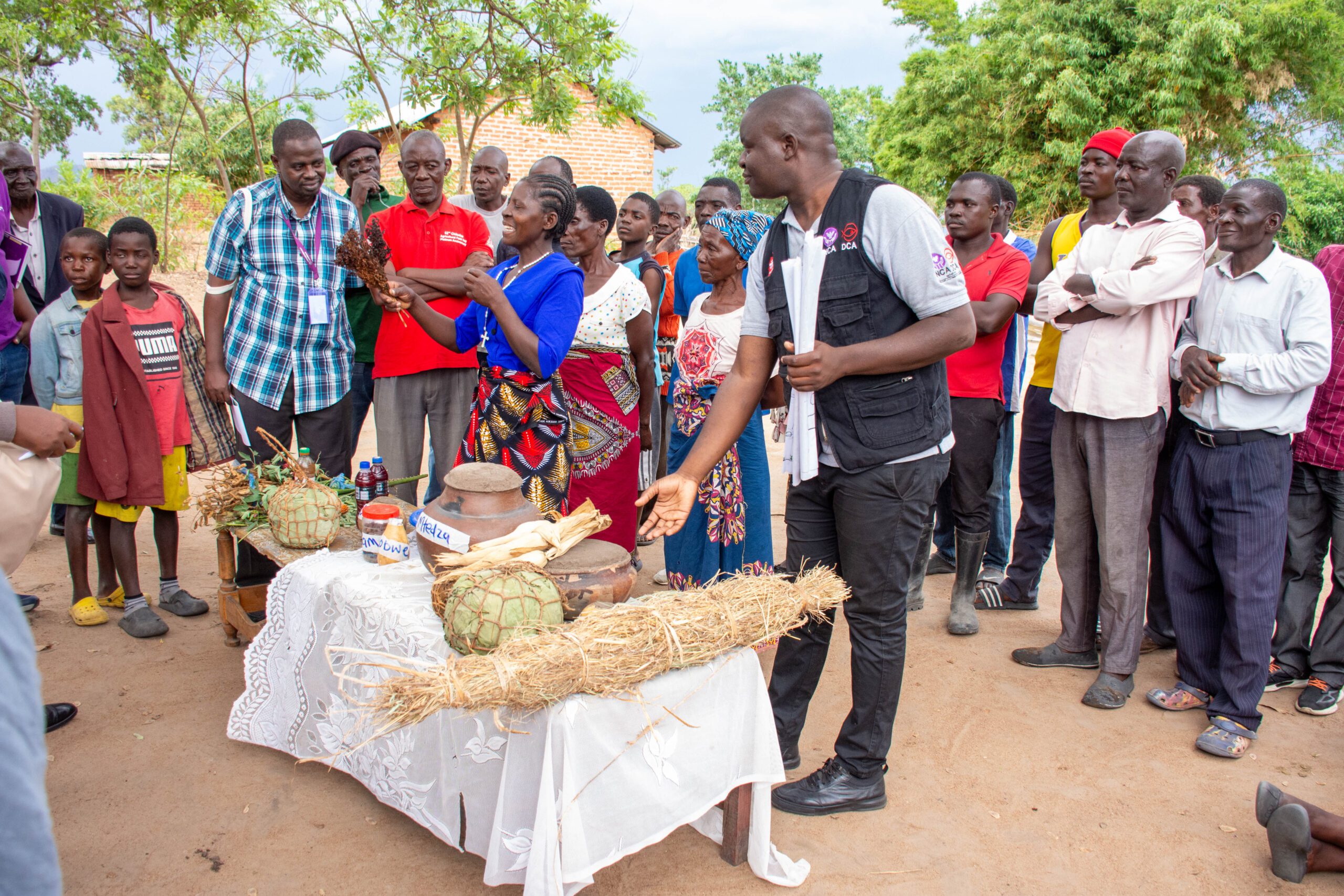NCA-DCA and CADECOM Monitor Project, Express Satisfaction with Farmers’ Efforts
The Norwegian Church Aid and Dan Church Aid alliance (NCA-DCA), in collaboration with the Catholic Development Commission of the Archdiocese of Lilongwe, have urged farmers under the agroecology project to continue working hard towards achieving better results.
One of the advisors of Norwegian Church Aid, Siv Oystese, emphasized this during a monitoring visit to Mponela-Dowa farmers on Monday, November 17, 2025 where she expressed satisfaction with the progress made so far.
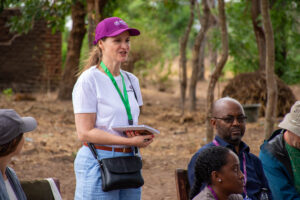
“We’ve seen more than what we expected. Farmers are doing great work with the little support they’ve received,” Oystese said.
Oystese also commended the farmers’ ability to work together, share knowledge, and adapt to new techniques.
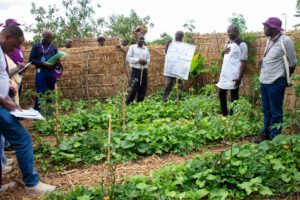
The acting secretary of CADECOM in the archdiocese, Madalitso Chilalire, echoed Oystese’s sentiments, praising the farmers for their hard work and the positive impact the project is having on their livelihoods.
“So far, so good. The farmers have expressed satisfaction with establishing food forests and taking care of them,” Chilalire said.
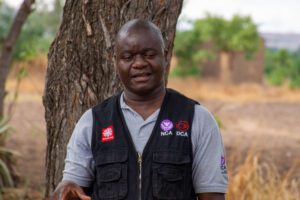
Chilalire also highlighted the project’s success in improving food security and income generation.
He noted that more work is needed to address challenges such as climate change and soil degradation.
He also emphasized the importance of continued support and collaboration to ensure the project’s sustainability.
Maxon Chimkonda, a benefiting farmer from Mazengera village, expressed gratitude to CADECOM for the agroecology project, saying it has transformed their farming methods.
“We’ve learned to make manure, which has improved our sandy soils, and now we have a steady supply of food,” Chimkonda said.
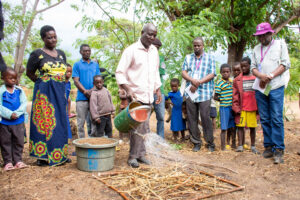
Chimkonda also appreciated the training on agroecology practices, which has enabled them to reduce their reliance on external inputs and improve soil fertility.
He noted that the project has also empowered them to share their knowledge with other farmers, creating a huge impact in the community.
He added by mentioning that the project has had a significant impact on his family’s nutrition and income, allowing him to afford basic necessities and even invest in other income-generating activities.
By Tiyamike Chisale.

